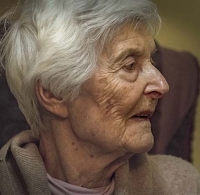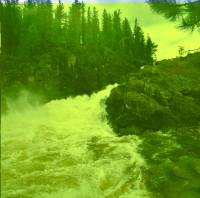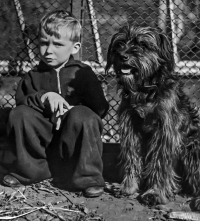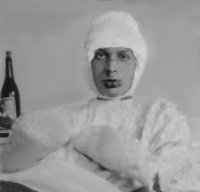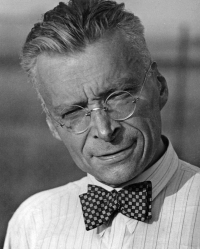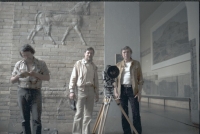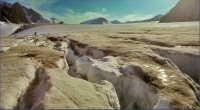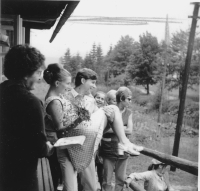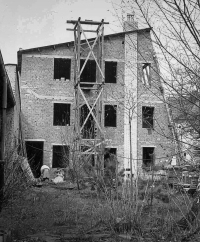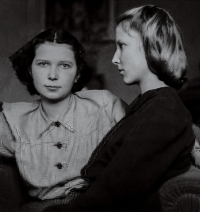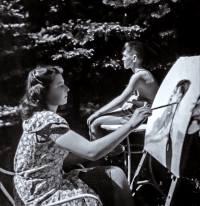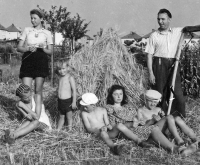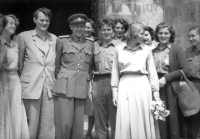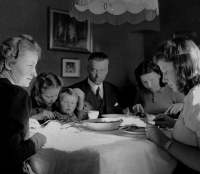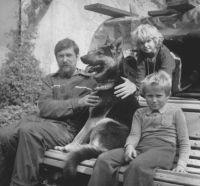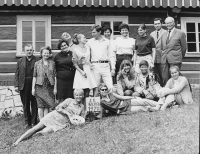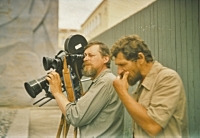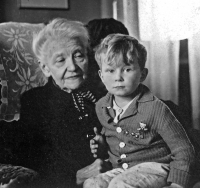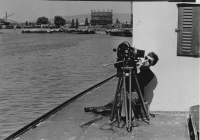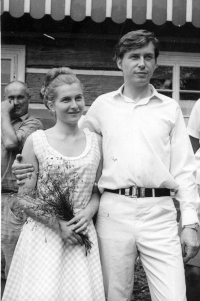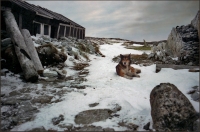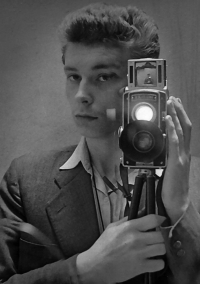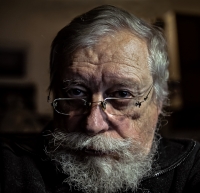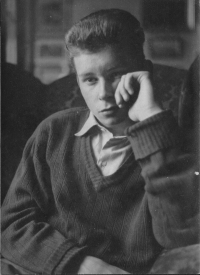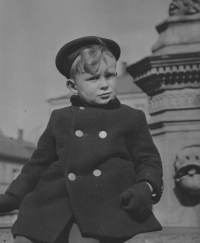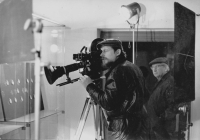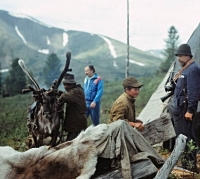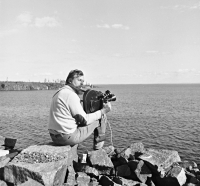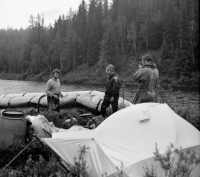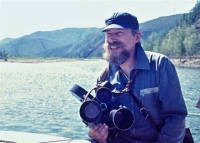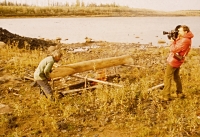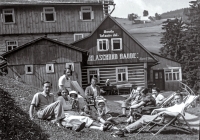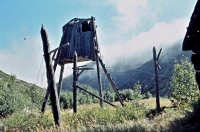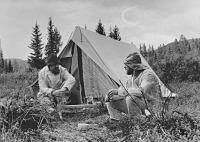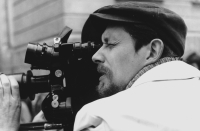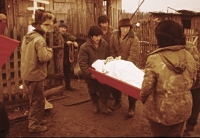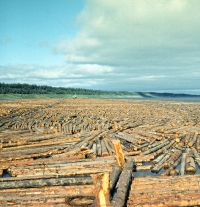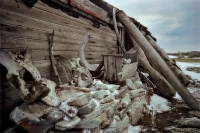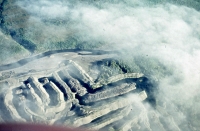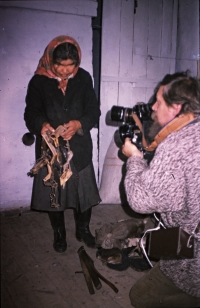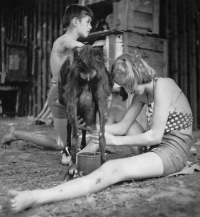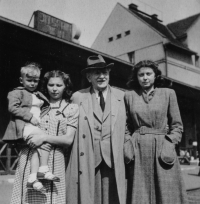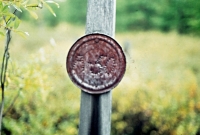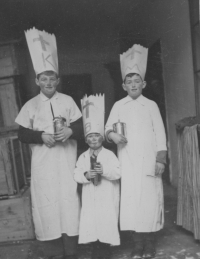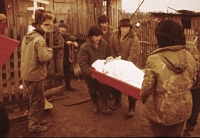The filmmaker who filmed both the struggle for Radio and the Arctic

Stáhnout obrázek
Petr Volf was born on 15 March 1940. Together with his parents and three half-sisters, he grew up in Jičín. His father had his own law office in the town, but after 1948, he had to close it down, and the family‘s property was nationalized. He wanted to study art but was not allowed to do so at first; thanks to the persuasion of an influential communist official, he finally got into FAMU in 1959, where he began studying cinematography. After his studies, he became an employee of the Short Film and made contacts with several, for example, German journalists. For this, he was later investigated by State Security. In August 1968, he wanted to be in the centre of the action. He filmed the struggle for the Radio and events in the city centre with his camera, but according to his words, none of his footage survived. Fearing for their existence, he and his friend Pavel Landovský fled Czechoslovakia for Germany, where they stayed for three weeks before returning home. In the 1980s, he took part in several foreign expeditions, was the first Czechoslovak filmmaker to film the Arctic, and also visited Siberia, where he made a documentary about the Russian gulags. In 1989, he was on the board of the Civic Forum with Short Film. In the early 1990s, he made several trips abroad. In 1991, for example, he filmed as a cameraman for the English news agency WTN the August coup in Moscow, from which Boris Yeltsin emerged as the winner. In the 1990s, his family property was returned to him, and he moved back to Jičín with his family, where he started his own business. Later, he also became the city councillor. In 2022, Petr Volf was living in Jičín.
